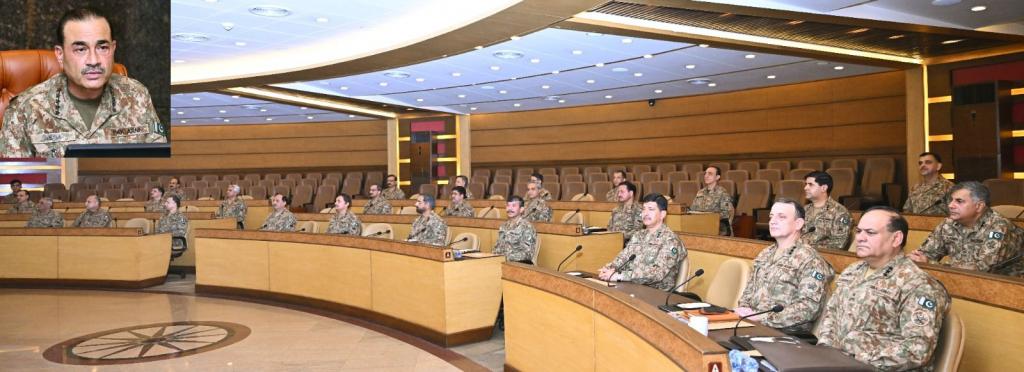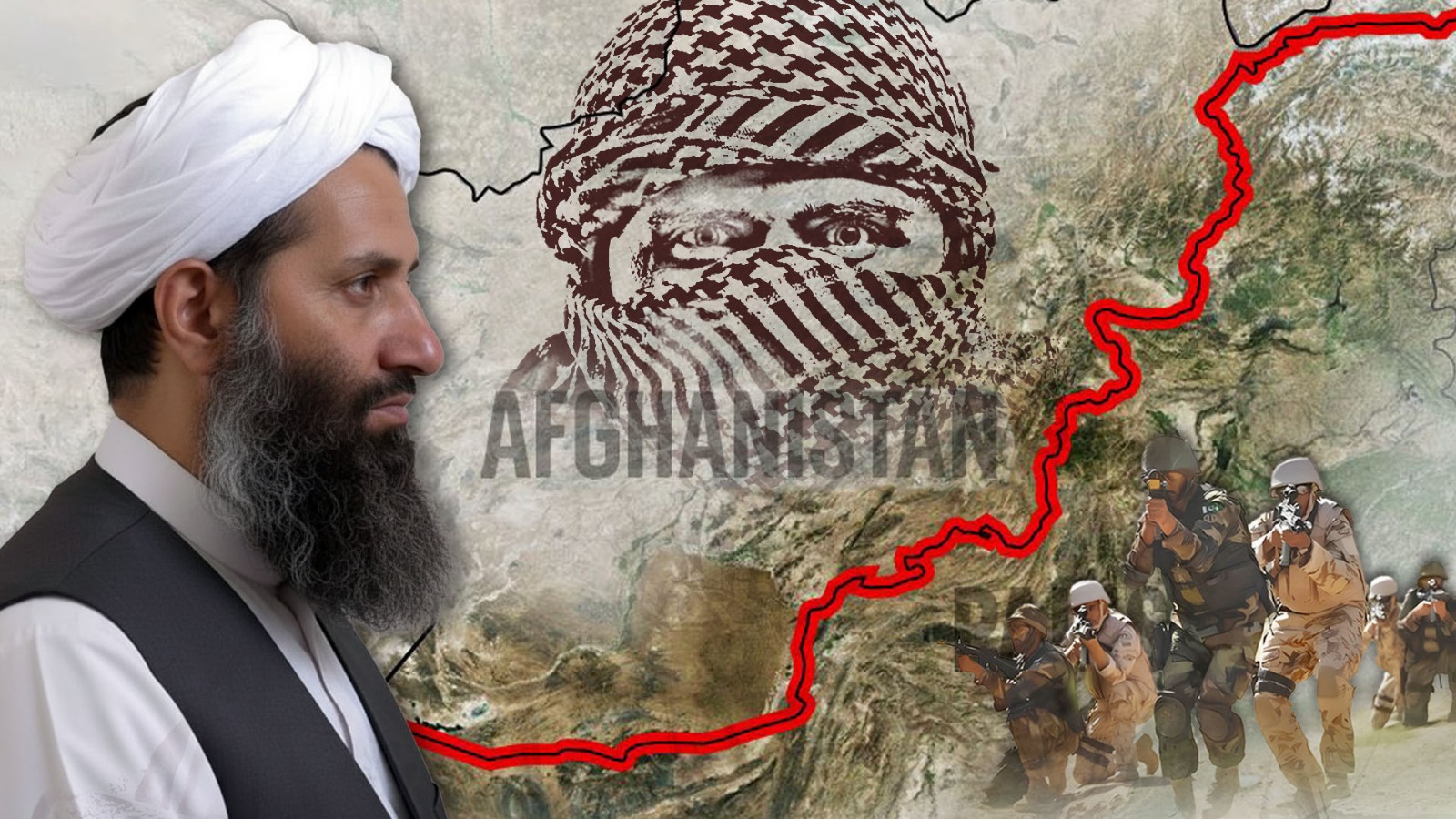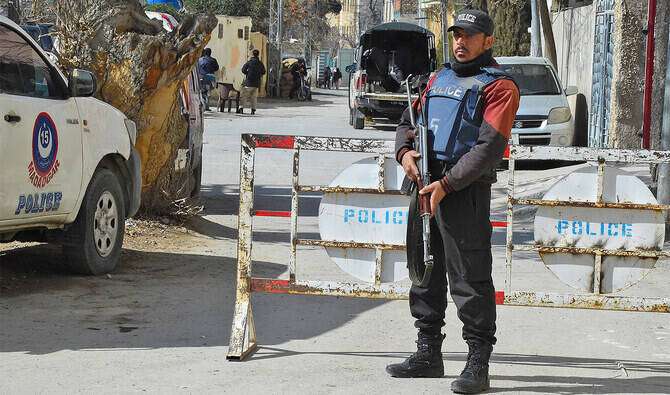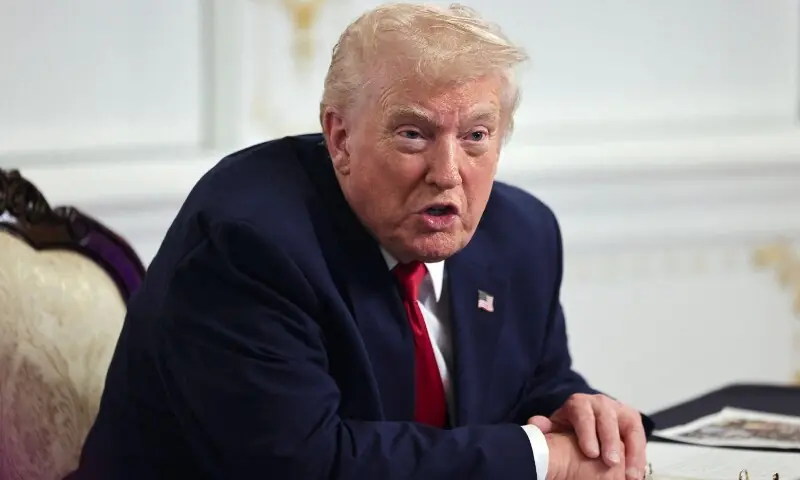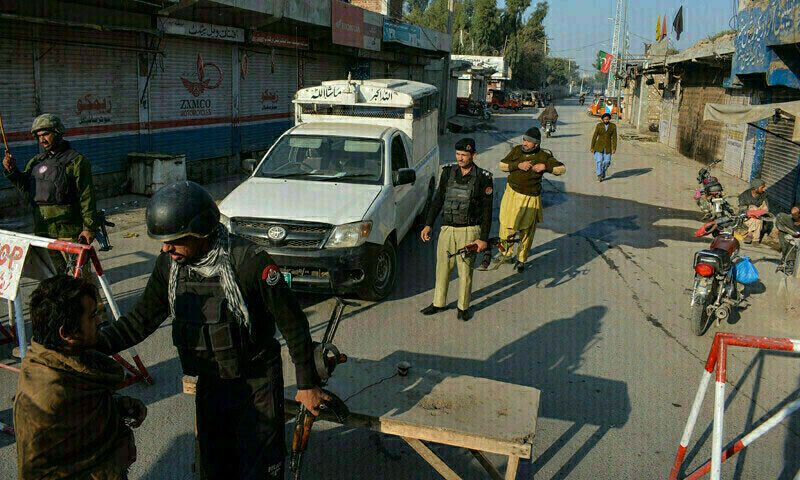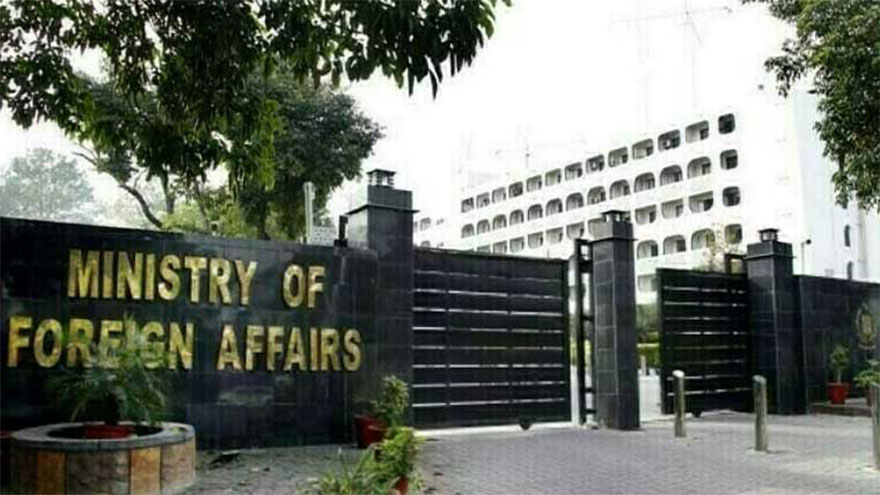The Pakistani Army had an important meeting this week. It was the 272nd Corps Commanders’ Conference (CCC). The meeting took place on Wednesday at the General Headquarters (GHQ) in Rawalpindi.
The meeting was led by the top army officer, Chief of Army Staff (COAS), General Syed Asim Munir.
The conference began on a serious note. The leaders prayed for the soldiers who recently died. These soldiers were killed in attacks by terrorist groups that Pakistan says are supported by India.
General Asim Munir spoke about the hard work of the soldiers. He praised their courage and strong spirit. They have been fighting against terrorist groups that get help from outside Pakistan.
He also thanked the army for its quick work during the recent floods. Soldiers helped the local police and other groups with rescue and relief operations. They showed great commitment during this tough time.
Nexus between internal security and terrorism
According to the Inter-Services Public Relations (ISPR), the forum conducted a detailed review of the scope of ongoing counter-terrorism operations, the emerging threat landscape, and operational readiness. Participants reiterated the commitment that the armed forces are prepared to thwart the nefarious designs of their adversaries in every domain.
The conference expressed serious concern over the existing nexus between terrorism and crime, which enjoys specific political patronage and is causing severe damage to the interests of the state and the security of the people. The forum unequivocally stated that this nexus will not be allowed to continue under any circumstances, come what may.
Strong Message to India and Resolve for Regional Peace
The Corps Commanders’ Conference strongly criticized the recent irresponsible and unnecessary statements made by India’s civilian and military leaders. The forum stated these remarks fit a pattern where India tries to create war fever for political benefit. Participants agreed that making an unwarranted war atmosphere will increase regional tension and threaten peace and security.
The forum promised a quick and decisive response to any aggression from India. They vowed to destroy any imaginary protection India might think it has due to its geography. Participants warned that any hypothetical “Imaginary New Normal” would be countered by a “New Normal of Swift Retributive Response”.
Furthermore, the participants resolved to continue comprehensive anti-terrorism operations everywhere to completely wipe out Indian-backed terrorist groups like the networks of “Fitna al-Khawarij” and “Fitna al-Hindostan.”
Foreign Policy and World Affairs
The conference acknowledged the significance of Pakistan’s recent high-level diplomatic engagements and reiterated its commitment to global and regional peace.
The forum welcomed the historic strategic mutual defence agreement between Pakistan and the Kingdom of Saudi Arabia aimed at strengthening strategic ties and fostering multifaceted cooperation for a joint response to any external aggression.
The forum once again reiterated its unwavering support for the Kashmiri people’s legitimate struggle for self-determination in accordance with the resolutions of the United Nations Security Council.
Participants also reaffirmed steadfast support for the Palestinian cause, expressing hope for an immediate ceasefire and the provision of humanitarian aid for the people of Gaza. The forum reiterated its principled position supporting a two-state solution to the Palestinian issue, featuring an independent Palestinian state based on the pre-1967 borders with Al-Quds Al-Sharif as its capital.
In the concluding remarks, the Chief of Army Staff (COAS) directed commanders to ensure the highest standards of operational readiness, discipline, physical fitness, innovation, and accountability. The Army Chief expressed complete confidence in the operational preparedness of the Pakistan Army to counter threats across the entire spectrum, ranging from conventional and sub-conventional threats to hybrid and asymmetrical threats.

